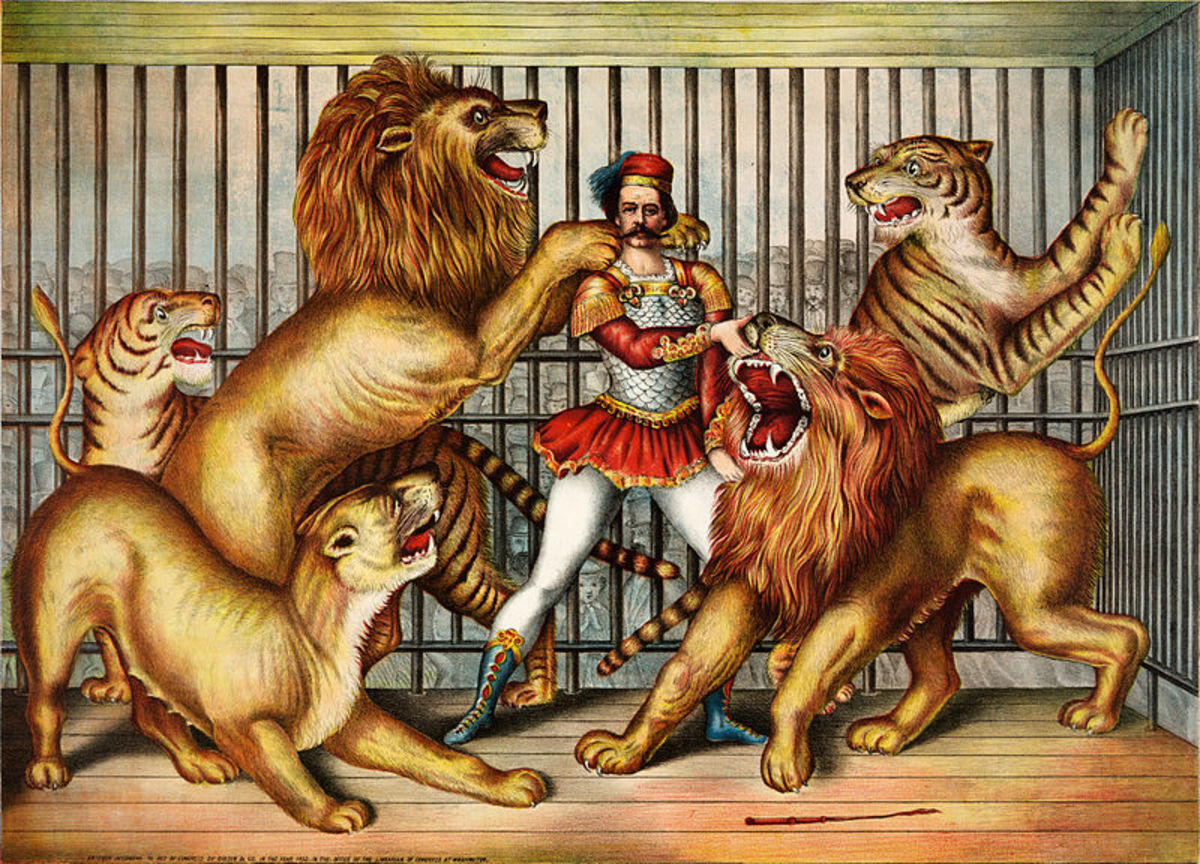Animal Trainer Jobs - How To Become An Animal Trainer

Pet owners are becoming increasingly aware of the benefits of owning well-trained pets. As a result, there is an increasing demand for skilled animal trainers, especially for those that train family pets..
Animal trainers work in private practice, in pet shops, in animal shelters, in the armed forces, in circuses, in aquariums, in marine parks, and on game farms. They train police dogs, dogs for search and rescue organizations, and service dogs, as well as service monkeys.
Animals are trained so that they will be pleasant to live with, so they will get on with human beings and other animals, so they can enter competitions, so they will be entertaining, and so they will be of service to mankind.
Dogs are usually taught in groups, or classes, but all other animals, though they may perform in groups, are usually taught individually.
JOB SUMMARY
If you want to train animals, you must be self-confident, compassionate, understanding, and observant. You must be extremely patient, and tolerant of the fact that animals may react negatively when they are frightened, when they feel insecure, or merely because they are bad-tempered. They may merely become obstinate, or they may bite, claw, or kick. Large animals may try to intimidate you with their size. You must be willing to take the time to get to know each animal, its habits, its likes and dislikes, and its eccentricities. You must be able to bond with each animal, and earn its respect. You must enjoy working with groups, as well as alone, with just an animal for company.
The duties of an animal trainer depend on the animal, or animals, they are working with, as well as the purpose of the training. Training any animal takes many, many hours of repetition, during which the trainer must remain focused and up-beat. Trainers may use rewards, but the final aim, in dog training at least, is to have the animal perform to please the trainer or owner. Positive reinforcement is the key.
In addition to actual training-sessions, animal trainers may also feed, groom, and exercise the animals. They may also care for the animals when they are ill or wounded. This helps create a working-bond, between the animal and the trainer. Animal trainers know that the longer you spend with an animal, the more you will understand it, and the easier it will be to train.
No respectable animal trainer ever uses punishment, or violence to train an animal. These methods produce animals that are timid, distrustful, lack self-confidence, and will often resort to violence, out of fear. Never consider using anything but kindness and understanding when dealing with animals, and you will be rewarded with loyalty and trust.
EDUCATION AND OTHER REQUIREMENTS
If you hope to become an animal trainer, the most important thing you can do is to have experience with animals. You can start getting this experience while you are still young. Volunteer in an animal shelter or in your local veterinarians office. When you are older, you can get a part-time job in a zoo or on an animal farm. Watch animals. Try to understand their behavior, how they respond to other animals and to people, what makes them happy, shy, or uncertain. Talk to the people working with animals. Listen and watch, and you will learn.
While in high school, make sure to include classes in English, mathematics, biology, zoology, computers, and a second language.
Many positions as animal trainers require only a high school diploma or GED, plus on-the-job training. There are a variety of animal training programs available, some of which provide certification upon completion of the course. You may also find a trainer who will take you on as an apprentice. As an apprentice, you will earn a small salary while you learn.
If you are serious about your profession and want to qualify to teach at the highest level, it would be wise to consider getting a bachelor's degree in animal science. This will take four years and will give you in depth knowledge about the animal world, including things such as physiology, nutrition, behavior, management, genetics, and breeding.
Animal trainers who work with marine animals must have, at least, a bachelor's degree in marine biology. They must also be excellent swimmers and certified scuba divers.







